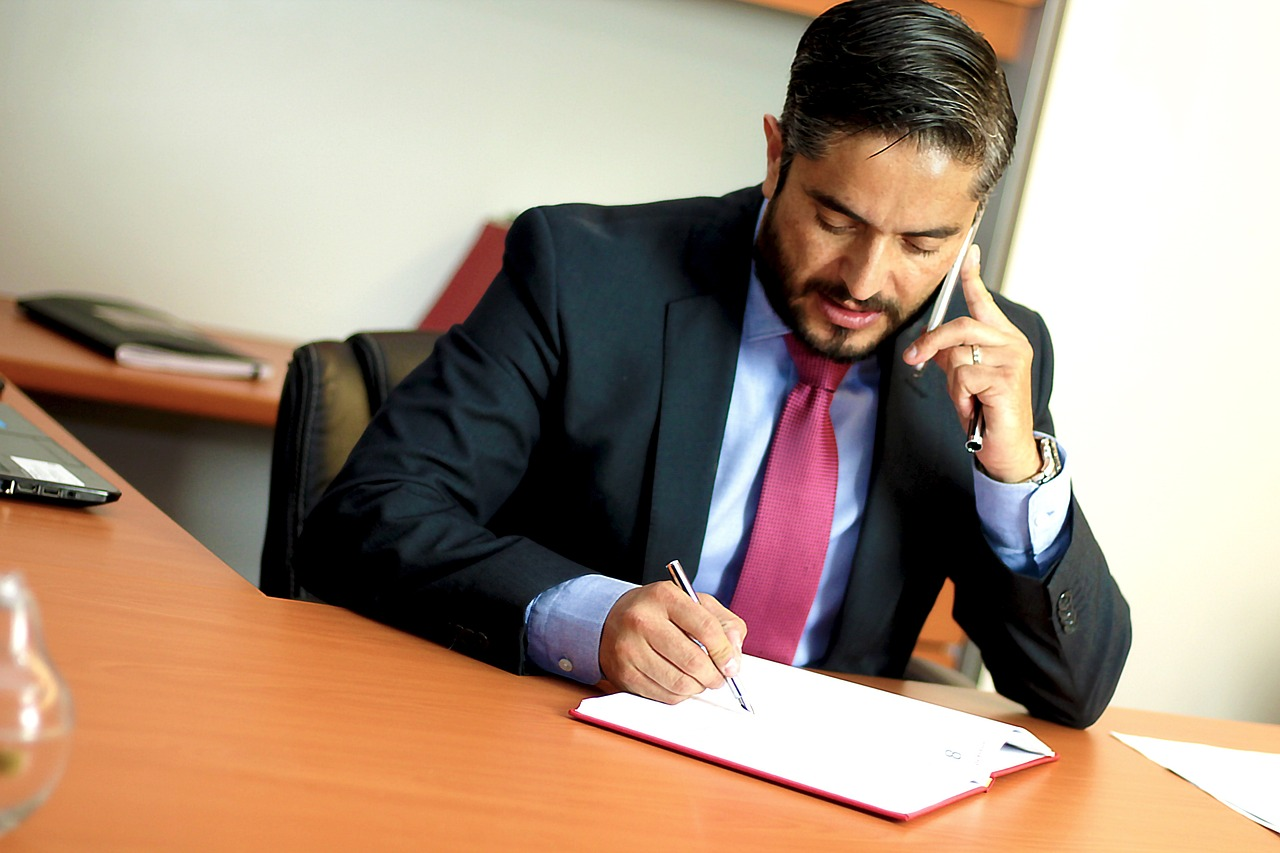Now Reading: Warning Signs and Red Flags: How to Spot the Worst Personal Injury Lawyers
-
01
Warning Signs and Red Flags: How to Spot the Worst Personal Injury Lawyers

Warning Signs and Red Flags: How to Spot the Worst Personal Injury Lawyers
When you’re dealing with a personal injury claim, finding the right lawyer can make all the difference in the outcome of your case. An experienced and ethical personal injury attorney can help you navigate the legal process, negotiate with insurance companies, and ensure you receive the compensation you deserve. However, not all lawyers are created equal, and there are some warning signs and red flags to watch out for when selecting legal representation. In this article, we will explore how to spot the worst personal injury lawyers and provide guidance on finding the right one for your needs.
Warning Signs of a Bad Personal Injury Lawyer
1. Lack of Experience in Personal Injury Cases
One of the first warning signs of a subpar personal injury lawyer is a lack of experience in handling personal injury cases. Personal injury law is a specialized field that requires knowledge of tort law, insurance regulations, and courtroom procedures. If your attorney primarily handles other types of cases, such as family law or real estate, they may not have the expertise needed to effectively represent you in a personal injury claim.
What to Look for: When consulting with potential lawyers, inquire about their experience with personal injury cases. Ask about their track record and the outcomes of similar cases they have handled. A seasoned personal injury attorney will be able to provide you with specific examples of successful cases.
2. Poor Communication Skills
Effective communication is crucial when working with a personal injury lawyer. If your attorney fails to return your calls promptly, responds with vague answers, or seems disinterested in your case, it’s a red flag. Clear and open communication is essential to ensure that you understand the legal process and the progress of your case.
What to Look for: During your initial consultation and throughout your interactions, pay attention to how well the lawyer communicates. They should be attentive to your concerns, answer your questions clearly, and keep you informed about the status of your case.
3. Excessive Fees and Costs
Be cautious of lawyers who demand large upfront fees or excessive costs for services like filing paperwork or making phone calls. Personal injury lawyers typically work on a contingency fee basis, meaning they only get paid if you win your case. If a lawyer is pushing you to pay substantial fees upfront, it may indicate that they are more interested in collecting fees than in winning your case.
What to Look for: Inquire about the attorney’s fee structure during your initial consultation. A reputable personal injury lawyer will explain the contingency fee arrangement and any potential additional costs, such as court fees or expert witness fees, in a transparent manner.
4. Lack of Empathy and Compassion
Personal injury cases often involve individuals who have suffered physical or emotional trauma. A lack of empathy and compassion from your lawyer can make the already stressful process even more challenging. Your attorney should genuinely care about your well-being and be sensitive to the difficulties you are facing.
What to Look for: Pay attention to how the lawyer interacts with you. Do they show genuine concern for your situation, or do they seem detached and solely focused on the legal aspects of your case? Choose an attorney who demonstrates empathy and compassion.
Red Flags When Evaluating Personal Injury Lawyers
1. Promises of Guaranteed Results
Beware of personal injury lawyers who promise guaranteed results or specific settlement amounts during your initial consultation. No attorney can predict the exact outcome of your case with certainty, as it depends on various factors, including the evidence, the opposing party, and the judge or jury’s decision. Lawyers who make unrealistic promises may be more interested in signing clients than in providing honest legal representation.
What to Watch Out for If a lawyer assures you that you’ll win a specific amount or get a particular outcome, proceed with caution. A reputable attorney will discuss the potential strengths and weaknesses of your case without making unrealistic guarantees.
2. Lack of References or Testimonials
A trustworthy personal injury lawyer should have a track record of satisfied clients who can vouch for their services. If a lawyer is hesitant to provide references or does not have any client testimonials, it may indicate a lack of successful cases or satisfied clients.
What to Watch Out for: Ask the attorney for references or look for testimonials on their website or online review platforms. A reputable lawyer should have a history of positive feedback from past clients.
3. Inadequate Resources and Support Staff
Personal injury cases can be complex, requiring thorough investigation, evidence collection, and legal research. Lawyers who lack the necessary resources or support staff may struggle to handle your case effectively. It’s essential to have a legal team with the expertise and resources to build a strong case on your behalf.
What to Watch Out for: During your initial consultation, inquire about the attorney’s support staff and resources. They should have access to investigators, medical experts, and other professionals who can assist in building your case.
4. Overwhelming Caseload
A high caseload can be a red flag, as it may indicate that the attorney is stretched too thin and unable to give your case the attention it deserves. If your lawyer is juggling numerous cases simultaneously, it could lead to delays and a lack of focus on your specific legal needs.
What to Watch Out for: Ask the attorney about their current caseload and how they plan to manage your case effectively. Ensure that they have the capacity to devote adequate time and attention to your personal injury claim.
Conclusion
Choosing the right personal injury lawyer fort myers is a critical decision that can significantly impact the outcome of your case. By being vigilant and recognizing warning signs and red flags, you can avoid hiring the worst personal injury lawyers and instead find a skilled and compassionate attorney who will fight for your rights and help you obtain the compensation you deserve. Remember to prioritize experience, communication skills, empathy, and ethical conduct when selecting your legal representation. Your well-being and the success of your personal injury claim depend on it.

With a law degree under his belt, Mark Scott understood very early that law communication was a relatively neglected area. He decided to help people by “translating” the language and offering information and advice in a clear, helpful, and actionable manner. For this reason, instead of finding him in court, you will most likely find his name online, where he is very active and thriving as a legal columnist. His part of making the world a better place is to make the law a less convoluted maze. He aims to make it easier for people to understand when and how to seek legal counsel, how to proceed in a significant number of legal matters, and how to find the proper resources so they can stand up for their rights.










